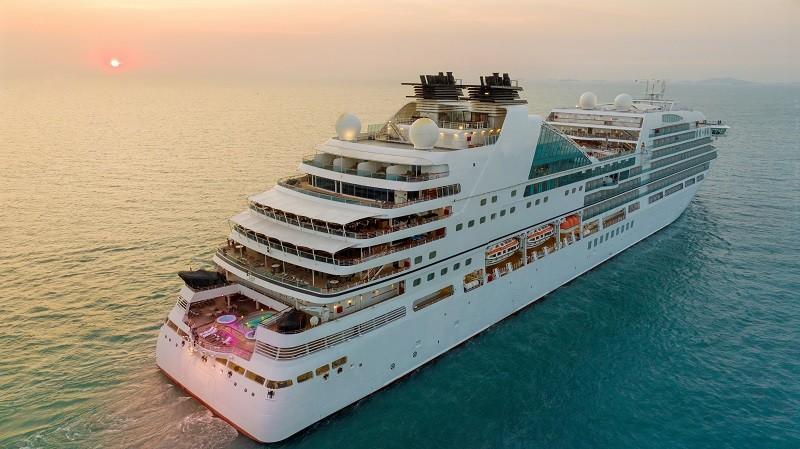
4 minute read
Navigating the Legal Waters: Understanding Cruise Ship Injuries and Attorney Services
Cruising is often seen as a leisurely escape from everyday life, offering adventure and relaxation on the high seas. However, amidst the sun-soaked decks and tranquil ocean vistas, accidents can occur, leading to injuries that cast a shadow over what should have been an idyllic experience. When such unfortunate incidents happen aboard a cruise liner, it's crucial to understand how to navigate the complex legal landscape that surrounds maritime law. This article will provide insight into the role of cruise ship injuries attorneys and their services.

1. Recognizing Unique Maritime Challenges
The first step in understanding cruise ship injury claims is recognizing that they present unique challenges compared to land-based personal injury cases. The laws governing seas are vastly different from those that apply on solid ground; therefore, specialized knowledge is paramount. Cruise ship injuries attorneys are well-versed in maritime law and international statutes that dictate how claims must be handled for incidents at sea.
2. Identifying Common Types of Cruise Ship Injuries
Cruise ships are like floating cities with inherent risks similar to any bustling metropolis. Slipand-fall accidents due to wet decks or poorly maintained facilities rank among the most common causes of onboard injuries. Other potential hazards include food poisoning from onboard dining options, recreational activity accidents, swimming pool mishaps, or even medical negligence by the ship's staff.
3. Understanding Passenger Rights and Limitations
Passengers aboard cruise liners have rights that protect them in case of injuries; however, there are limitations as well. For instance, tickets often contain contractual stipulations regarding where and when passengers may file lawsuits which can be significantly shorter than typical statutes of limitations on land and designate specific courts for litigation proceedings. It's crucial for injured parties to seek counsel from experienced cruise ship injuries attorneys who can navigate these restrictions effectively.
4. The Importance of Prompt Legal Action
In maritime injury cases, time is of the essence due to stringent filing deadlines set forth by cruise lines often hidden within passenger ticket contracts. It’s imperative for individuals who have suffered harm to consult attorney services quickly to ensure they do not forfeit their right to compensation due to missed deadlines or overlooked technicalities.
5. Gathering Evidence and Building a Case
Building a strong case after sustaining an injury on a cruise requires thorough evidence collection, something best managed with professional guidance. Collecting witness statements from other passengers or crew members, documenting conditions that led to the incident through photographs or video footage, and obtaining medical records post-injury all form part of a compelling legal strategy put together by adept attorneys specializing in such claims.
6. Compensation Advocacy Beyond Medical Costs
While immediate medical costs resulting from an injury might be apparent, there can be additional consequences such as loss of income during recovery or long-term rehabilitation expenses which need consideration too. Expert cruise ship injuries attorneys will advocate for full compensation covering not just current but also future financial implications related to an accident.
7. Negotiating with Cruise Lines and Insurance Companies
Attorneys proficient in this niche area understand how large-scale operators function including their insurance companies’ tactics and are prepared to engage in negotiations assertively while maintaining their clients' best interests at heart.
8. Litigation Experience When Necessary
If out-of-court settlements fail to provide fair compensation for victims' sufferings and losses incurred due to preventable accidents aboard cruises, seasoned lawyers may advise pursuing formal litigation, a pathway requiring enriched expertise given its complexity within maritime contexts.
In conclusion, vacationers who find themselves injured on a pleasure voyage require specialized legal assistance unique unto maritime environments; this is where dedicated attorney services come into play focused explicitly on advocating for victims' rights post-cruise ship injuries.


